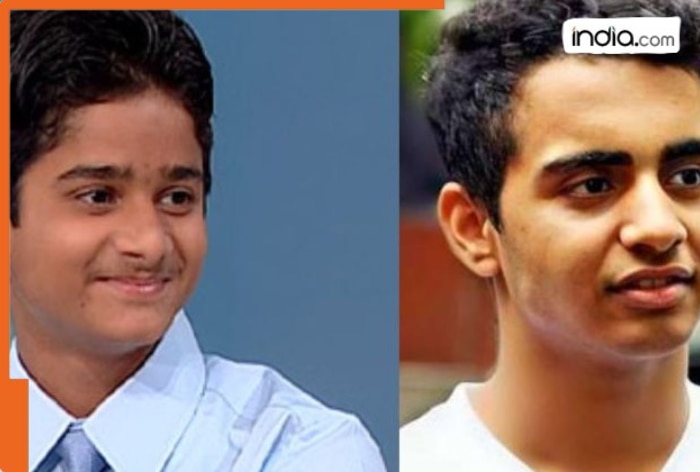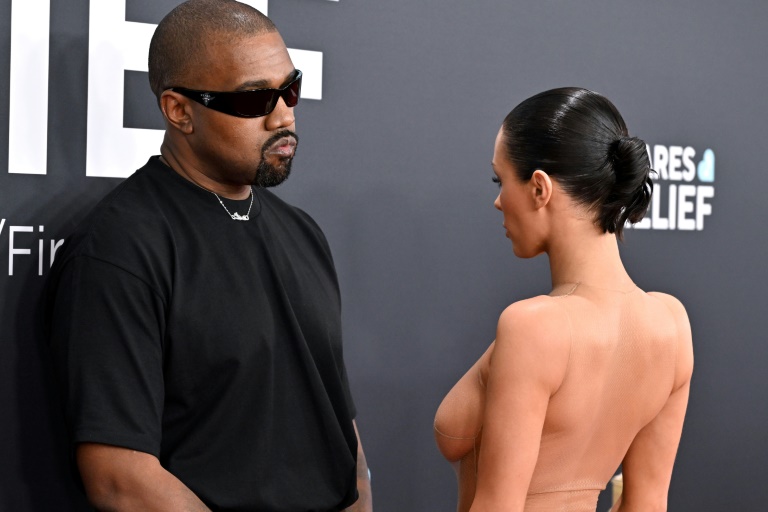Prime Minister Justin Trudeau said Monday he sees a new opening to engage with India in the wake of that country’s election, which returned Prime Minister Narendra Modi to office for a third term.
“Now that he’s through his election, I think there is an opportunity for us to engage, including on some very serious issues around national security and keeping Canadians safe and the rule of law,” Trudeau told David Cochrane, host of the CBC News program Power and Politics.
Trudeau also referred to his brief meeting with Modi on the sidelines of the G7 summit in Italy last week. The Indian PM tweeted out a photo of the meeting in which the two men appear serious and sombre as they shake hands.
“I think one of the really good things about summits is you get an opportunity to engage directly with a huge range of different leaders with whom there are various issues,” Trudeau said. “And certainly with India, there are massive people-to-people ties, there are really important economic ties, there’s alignment on a number of big issues that we need to work on as democracies, as a global community.”
It was not clear before the summit if the two leaders would avoid one another, given the tensions over the killing of Canadian Sikh activist Hardeep Singh Nijjar in June last year, which Trudeau blamed on the government of India.
Tuesday marks the first anniversary of Nijjar’s death and his supporters plan to stage a mock trial of Modi outside the Indian consulate in Vancouver.
India has frequently objected to provocative acts outside its diplomatic missions by Sikh Khalistanis (separatists) in Canada, the U.K. and other countries.
India has lifted the tourist visa ban it imposed on Canadians in the wake of the Nijjar dispute, but Canada continues to operate with a much-reduced diplomatic presence in India after the Modi government ordered the departure of 41 out of 62 Canadian diplomats in the country.
This weekend saw the extradition from Prague to the United States of alleged Indian drug trafficker Nikhil Gupta, who is accused by U.S. prosecutors of acting as a middleman for Indian officials looking to hire a hitman to kill an enemy of the Indian government in New York City.
Prime Minister Justin Trudeau discusses his recent meeting with Indian Prime Minister Narendra Modi at the G7 summit in Italy during an interview with CBC’s Power and Politics host David Cochrane. It was the first time the two leaders met since Trudeau publicly accused India’s government of being involved in the killing of Sikh activist Hardeep Singh Nijjar in Surrey, B.C.
The target of the alleged murder conspiracy was Gurpatwant Singh Pannun, a U.S.-Canadian joint citizen who was a close collaborator of Nijjar and leader of the group Sikhs for Justice.
The Modi government has not denied that Indian officials were involved in that murder conspiracy, but has claimed it was a rogue operation that is now being investigated by India.
U.S. prosecutors say Gupta was offered money and leniency on drug charges in return for his part in the conspiracy. He has pleaded not guilty.
On Monday, five U.S. senators wrote to U.S. Secretary of State Antony Blinken citing the Pannun and Nijjar cases and demanding that Washington not accept the rogue operative theory.
Senators Jeffrey Merkley, Chris Van Hollen, Tim Kaine, Bernie Sanders and Ron Wyden — all Democrats — said the United States “must match words with actions to hold Indian officials involved in the plot accountable, and to send a clear message that there will be consequences for such behaviour.”
On the sidelines of the G7 Summit in Italy, Canadian Prime Minister Justin Trudeau met with Indian Prime Minister Narendra Modi for the first time since Canada publicly accused India’s government of involvement in the assassination of Hardeep Singh Nijjar.









